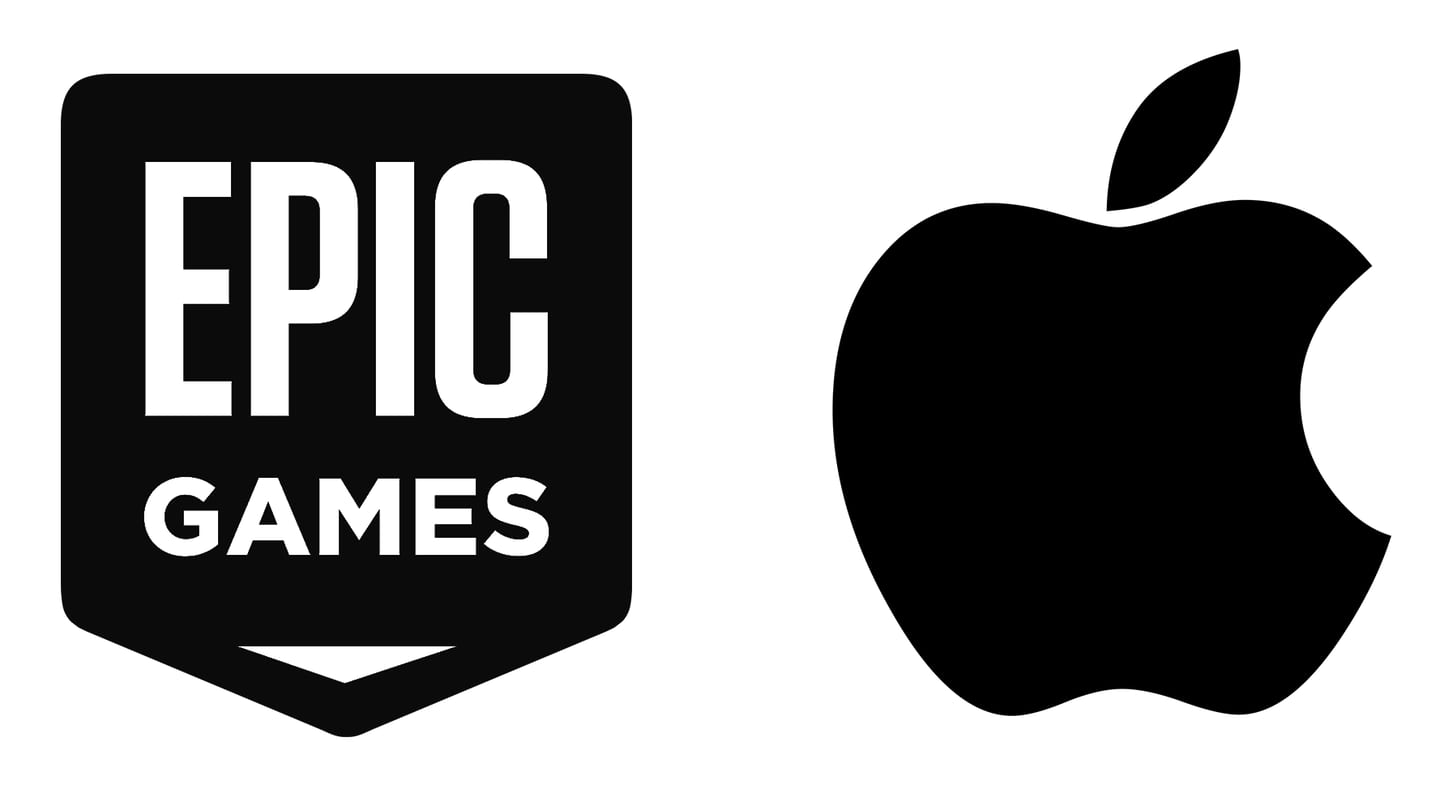
Why are Apple, Google and Epic Games fighting?
What's the story
Apple, Google, and Epic Games, the developer of Fortnite, are engaged in a dramatic row for the last few days. The two tech giants are enforcing their policies, which they say are applicable to all app makers, while Epic, the renowned gaming company is pushing back against their "monopolistic, unfair, and anti-competitive" practices. Here's a timeline of everything that has happened.
Issue
First, you should know about the exact issue
Apple and Google have been taking a 30% cut (distribution fee/commission, whatever you call it) on paid apps distributed through their respective stores and on in-app purchases, digital subscriptions in unpaid apps. The charge has been a point of discontent for years, with several developers accusing the tech giants of exploiting their platform and app store dominance to make money from budding app/game-makers.
Criticism
Several renowned players have criticized Apple, Google
Several renowned players, including Spotify, Facebook, Airbnb, have rallied against the 30% commission, saying it forces them to increase the prices of their app/content. Notably, much of the focus has been on Apple as its App Store is the only source of downloading apps on iOS. On Google's Android, a developer can still try avoiding fees by asking users to sideload, use other stores.
Row
Then, the Epic Games row began
On August 13, Epic Games broke loose. The company pushed a server-side update for Fortnite that not just bypassed Apple and Google's review system but also gave players of the title a discounted (20%) option to pay directly to Epic for in-game content. It circumvented the purchase system established by Apple, Google, and took away their 30% cut - a violation of their policies.
Removal
In response, both the tech giants removed Fortnite
Following Epic's stunt, both Apple and Google removed Fortnite from their respective stores. As this happened, the gaming giant rallied already-incentivized Fortnite fans against Apple and Google by informing them about the conglomerates' monopolistic commission, how it prevented Epic from passing savings to them, and how Fortnite was removed when they pushed an update dodging the fee and giving a discount instead.
Information
Epic also created a parody of Apple's iconic 1984 commercial
To continue the push back, Epic also created a parody of Apple's iconic anti-IBM commercial for 1984's Macintosh. The narrative of the commercial still remains that of a revolution upstart taking on the totalitarian rule but Apple is painted as the bully rather than IBM.
Lawsuit
Epic went on to sue Apple, Google for anti-trust violations
Along with garnering support, Epic launched the legal salvo by suing Google and Apple for violations of antitrust laws and exploiting their monopolistic power to take unfair and anti-competitive actions. The lawsuit against Google also alleged that it forced OnePlus and LG to end/abandon a deal with Epic that would have added a special pre-installed Fortnite launcher on their smartphones.
Twitter Post
Here is what Epic Games' founder said
At the most basic level, we’re fighting for the freedom of people who bought smartphones to install apps from sources of their choosing, the freedom for creators of apps to distribute them as they choose, and the freedom of both groups to do business directly.
— Tim Sweeney (@TimSweeneyEpic) August 14, 2020
Retaliation
Apple threatened to terminate Epic Games' developer account
After the lawsuit, Apple threatened Epic that its Developer account would be terminated on August 28 if it doesn't resolve the violations by removing Fortnite's direct payment functionality. The action, if taken, would cut Epic's access to Apple's developer tools, which are required to build future versions of Unreal Engine, that Epic licenses to third-party app-makers, as well as for creating games on iOS/macOS.
Injunction
Epic filed for an injunction against Apple
Denying to back down, Epic Games on August 17 filed for an injunction against Apple, claiming that it strives to damage its business by cutting off developer tools. It said, "Apple is attacking Epic's entire business in unrelated areas. Epic is likely to succeed on the merits of its claims, but without an injunction, Epic will be irreparably harmed long before final judgment comes."
Twitter Post
Here is Epic's tweet on the matter
Apple removed Fortnite from the App Store and has informed Epic that on Friday, August 28 Apple will terminate all our developer accounts and cut Epic off from iOS and Mac development tools. We are asking the court to stop this retaliation. Details here: https://t.co/3br1EHmyd8
— Epic Games Newsroom (@EpicNewsroom) August 17, 2020
Information
More developments likely in the near future
Given the matter at hand and how much it has escalated, we expect more action between the three companies in the coming days. However, only time will tell who will win the case, which has now become a fight for all app developers.